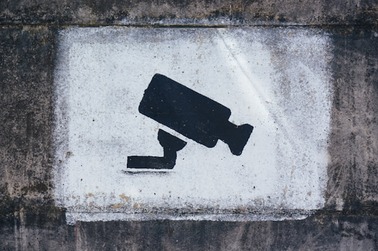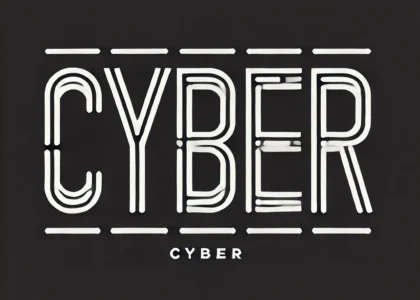Hiring a private investigator (PI) can help you gather information discreetly, verify suspicions, and secure evidence for personal, legal, or business matters. Yet, before you reach out to someone who claims to be an expert in surveillance or background checks, it’s crucial to understand the legal landscape. Laws governing private investigators can vary widely depending on where you live, so knowing the basics is essential.

Is It Legal to Hire a Private Investigator? understanding the legality
In most regions, it is legal to hire a private investigator—as long as the PI holds the proper license and operates within the bounds of the law. Licensing requirements and permissible investigative activities differ by country and state (or province). For example, in the United States, many states regulate PIs through dedicated licensing boards, while in the United Kingdom and other countries, the profession may be overseen by government agencies or professional associations.
Typical Licensing Requirements
Private investigators generally must meet several criteria to obtain a license, including:
- Background Checks: Most licensing authorities require PIs to have clean criminal records or limited criminal history.
- Formal Education or Experience: Some areas mandate a combination of formal education in criminal justice or law enforcement experience before licensing.
- Examination: Many places require PIs to pass a written exam covering ethics, local laws, and investigative techniques.
Before hiring a PI, verify their licensing status through your local regulatory body or an official online database. This quick step not only ensures that the investigator is legally authorized to operate, but also protects you from working with unethical or unqualified individuals.
Legal vs. Illegal Investigative Methods
While hiring a PI is generally legal, certain methods of gathering information are not. Reputable private investigators understand these boundaries and avoid tactics that infringe on privacy rights or break the law. For instance, illegal activities include:
- Wiretapping or Phone Hacking: PIs cannot record phone calls without proper consent or install malware on digital devices.
- Trespassing on Private Property: Investigators must follow trespassing laws and cannot break into homes or offices.
- Impersonation of Law Enforcement: Pretending to be a police officer or government official is strictly forbidden.
Instead, legitimate PIs may conduct background checks using public records, perform surveillance from public viewpoints, or interview individuals willing to share information. They operate within the legal framework to obtain evidence that can be used ethically and, if necessary, presented in court.
Ethical and Privacy Considerations
Ethical private investigators adhere to strict codes of conduct. They respect privacy laws, do not engage in harassment, and maintain confidentiality. Clients should expect PIs to explain what they can and cannot do, and to keep them informed about the methods they will employ.
If a PI is hesitant to discuss their approach or provide licensing credentials, consider it a red flag. Legitimate professionals are transparent about their qualifications, methods, and adherence to legal standards.
Tips for Hiring a Legal and Trustworthy PI
- Verify Credentials: Always check for a valid license or professional membership.
- Seek References: Ask for client testimonials or case studies that highlight the PI’s past work.
- Request a Clear Contract: Ensure the agreement outlines the scope of work, payment terms, and confidentiality clauses.
- Look for Professionalism: Ethical PIs willingly explain their methodology, set realistic expectations, and keep you informed.
FAQs
Is hiring a PI legal everywhere?
It’s generally legal to hire a PI in many countries, but the rules vary. Always check local laws or consult your region’s licensing authorities.
Can a PI access my phone records or emails?
Not without proper authorization. Unauthorized access to private communications is illegal.
Do I need a lawyer’s permission?
While not required in all cases, consulting a lawyer can help ensure that the investigator’s work will hold up legally if you plan to use their findings in court.
When in Doubt, Seek Professional Counsel
This article is for informational purposes only and should not be considered legal advice. If you have specific concerns—such as using a PI to gather evidence for a lawsuit—consult with a qualified attorney. They can advise you on the best path forward, ensuring that your investigation remains legally and ethically sound.
Moving Forward
If you decide to hire a private investigator, start by verifying their license, checking references, and clarifying the methods they will use. By taking these steps, you can confidently proceed with an investigation that respects legal boundaries and safeguards your interests.
Call to Action:
Before hiring a private investigator, verify their license through official channels or seek legal counsel to ensure you’re making a fully informed decision

